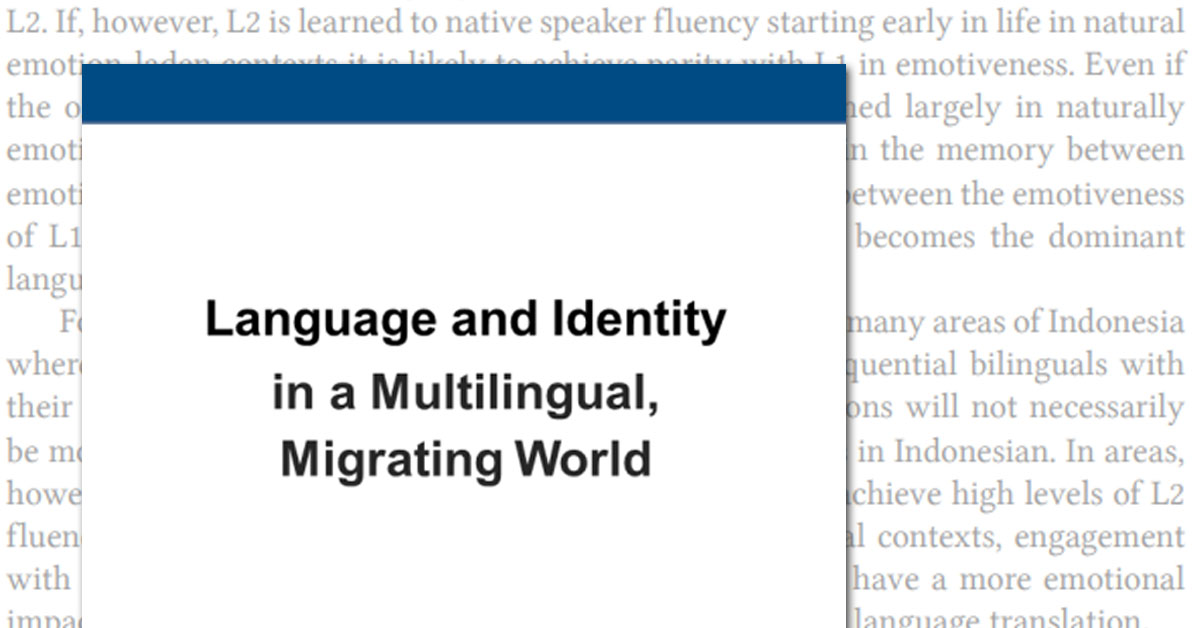
“Bible translation agencies may want to consider their frequent appeal to the special place of the mother tongue as “heart language” in producing greater comprehension and impact. In many areas of the world, bilingualism or multilingualism is the norm. People are learning and using their local language as well as LWCs starting early in life and are achieving high levels of fluency in multiple languages. In contexts like these, an appeal to higher levels of first language comprehension and emotional impact as a justification for vernacular Bible translation does not appear to be valid.” (Kyle Harris)
Issues of language and identity can make or break any kind of development project—in large part because they determine the degree of access to new information, ideas and behavior, but also because they influence a community’s willingness and desire to make any kind of change in the first place. Failure to take these concepts into account can result in irrelevant projects, unused products, programs without impact, and lost opportunities. But the relationship between language and identity is complex and varied—and even more so in a highly multilingual, massively migrating world.
These are the issues that were addressed in the Pike Center symposium on the theme of Language and Identity in a Multilingual, Migrating World. The symposium was held 10–15 May 2018 in Penang, Malaysia. This volume contains the full text of the papers that were presented at the symposium.
Of particular interest to Scripture Engagement practitioners is the paper on “L1 and L2 Comprehension and Emotional Impact among Early Proficient Bilinguals” by Kyle Harris, International Scripture Engagement Coordinator for Pioneer Bible Translators.



